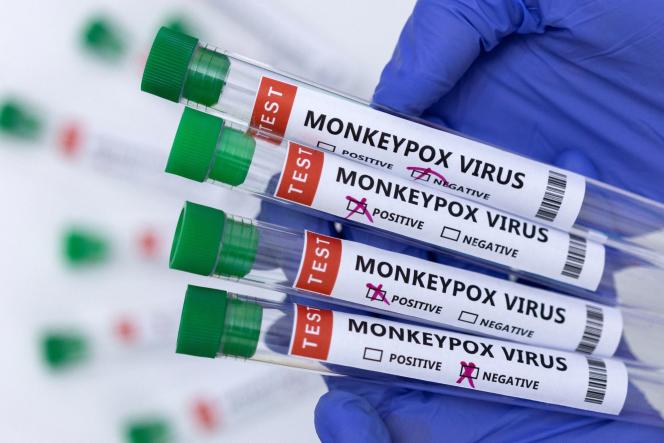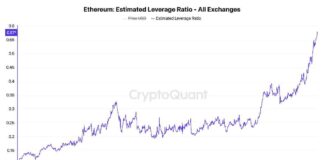The United States is preparing to vaccinate people who have been in close contact with monkeypox patients, as the country, which now has five probable or confirmed cases, expects to see their number increase . “We want to maximize the distribution of vaccines to those who we know would benefit,” CDC official Jennifer McQuiston said Monday, May 23. “That is, those who have been in contact with a known monkeypox patient, such as caregivers, very close personal contacts, especially those at risk of developing a severe case of the disease,” he said. she said at a press conference.
One case has been confirmed in Massachusetts and four others are about to be analyzed but considered very probable (one in New York, one in Florida, two in Utah). All are men who have traveled outside the United States.
The disease, a less dangerous cousin of smallpox eradicated for about forty years, begins with a high fever and quickly evolves into a rash, with the formation of scabs. It is these lesions that allow the transmission of the disease in case of contact.
Two vaccine options, not without risk
What intrigues and worries experts is the simultaneous appearance of cases in many countries, particularly in Europe, without being associated with returns from African countries where the disease is endemic. US authorities confirmed that the sequencing of the virus detected in Massachusetts matched that identified in a patient in Portugal, and that the strain was the one present in West Africa, the less serious of the two in circulation.
Most infected people recover spontaneously within two to four weeks, without specific treatment. But the American authorities are still preparing the response. Two smallpox vaccines authorized by the United States Drug Administration (FDA) can be used. The first, ACAM2000, is a live attenuated vaccine, not recommended for immunocompromised people. The United States has 100 million doses.
Because of “potentially significant” side effects, its widespread distribution would require “a real discussion,” said Jennifer McQuiston. The second, Jynneos, is also a live but non-replicating vaccine, and therefore considered safer. The United States only has 1,000 doses, but that number is expected to “rise rapidly in the coming weeks,” according to the official.
According to her, data shows that these two vaccines can help prevent the development of the disease if they are administered quickly after exposure. She also stressed that the risk of contamination remained generally low for the population.

















